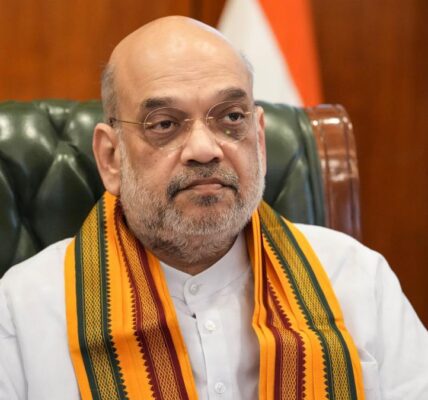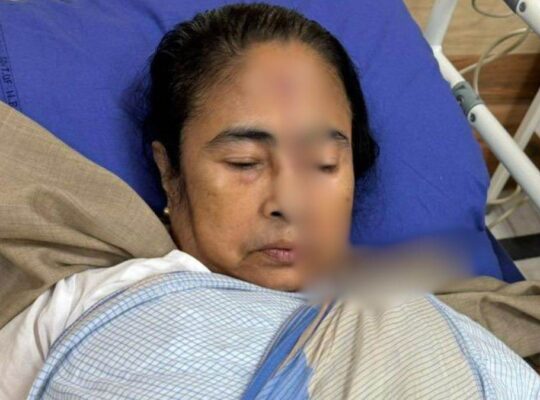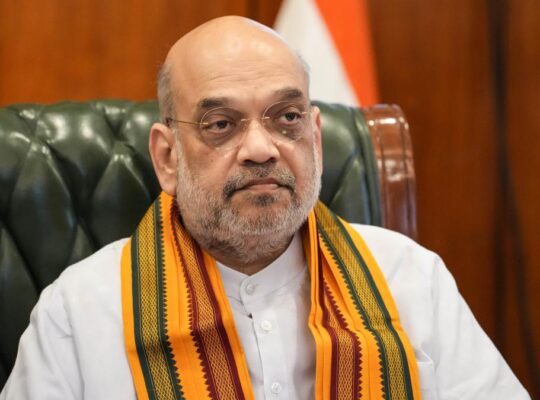India Implements Three New Criminal Laws: Reforms, Penalties, And Justice Explained | Latest Updates 2024
Three New Criminal Laws
The central government has issued a notification on Friday (February 24) to implement three new criminal laws from July 1, 2024. These three new criminal laws will replace the Indian Penal Code, Criminal Procedure Code, and Evidence Act.
President Draupadi Murmu had approved all three new criminal justice bills in December. This led to the enactment of these three new laws, incorporating the Indian Penal Code, Indian Citizenship Act, and Indian Evidence Act. With the issuance of the notification, these three new criminal laws will now replace the old laws.

Relief from British Era Laws
The main aim of these laws is to reform the criminal justice system in the country, which has been operating based on laws from the British era, thereby providing relief. These laws also put an end to the offense of sedition. The government has completely abolished Section 124 (A) of the new law, replacing it with sedition. It includes a new section for committing crimes against the state. The new law also includes offenses such as armed rebellion, sabotage, endangering sovereignty or unity, separatist activities, etc., under sedition.
Crimes against Women and Children
- The Indian Penal Code has introduced a new chapter titled “Crimes against Women and Children” to address sexual offenses. Cases of sexual assault against minor girls have been equated with rape, and such offenses are punishable by life imprisonment or death penalty.
- In cases of group sexual assault, the punishment is either 20 years of imprisonment or life imprisonment.
- Group sexual assault against minors has been categorized as a separate offense.
- Penalties have been introduced for making false promises of marriage or entering into sexual relations without genuine intent to marry.
- For the first time in the Indian Penal Code, terrorism has been defined and made a punishable offense. According to this, anyone who commits acts using bombs, dynamite, explosive substances, toxic gases, or nuclear weapons to endanger India’s unity, integrity, sovereignty, or economic security, causing death, property damage, or currency counterfeiting or trafficking, is considered a terrorist.
- Punishment for terrorist acts is either death penalty or life imprisonment without parole. A series of terrorist acts have also been presented, including offenses that cause widespread harm to public facilities or private property due to “significant structural damage or destruction.”
Organized Crime
- A new provision related to organized crime has been added to the new law.
- The Indian Penal Code 111 (1) defines organized crime for the first time.
- Activities against the law conducted by a syndicate have been made punishable.
- New provisions include offenses such as armed rebellion, sabotage, separatist activities, or acts endangering India’s sovereignty or unity and integrity.
- Even small organized criminal activities have been declared offenses. Imprisonment of up to seven years is possible. Related provisions are in section 112.
- The definition of economic offenses has also been provided: actions such as currency notes, banknotes, and government stamp fraud, running a scheme, or tampering with a bank/financial institution are included.
- If a person dies due to organized crime, the offender is liable for the death penalty or life imprisonment.
- A fine will also be imposed, which will not be less than ten lakh rupees.
- Provisions for aiding organized crime have also been provided for.
Indian Citizenship Security Act: Justice
A time limit has been set for initiating criminal proceedings, arrest, investigation, complaint, presentation before the magistrate, acknowledgment, determination of charges, plea bargaining, appointment of assistant public prosecutor, trial, bail, judgment, and punishment, mercy petition, etc.
- Time limits have been added to 35 sections, enabling speedy justice.
- A person filing a complaint through electronic communication in the BNSA must record the FIR within three days.
- The medical examination report of the victim of sexual harassment will be forwarded to the investigating officer within seven days by the medical examiner.
- Information about the status of the investigation will be provided to the victims/informants within 90 days.
- The work of determining charges must be done within 60 days of the first hearing of the accusation by the competent magistrate.
- To expedite the trial, proceedings against declared offenders by the court will start within 90 days of their absence. After the conclusion of the case in any criminal court, the announcement of the decision will not be delayed for more than 45 days.
- The court of sessions will acquit or convict within 30 days of the completion of the arguments, which can be extended for up to 45 days for written reasons.
Also Read: PM Modi Varanasi Visit: PM Will Give A Gift Of More Than Rs 13 Thousand Crore To Varanasi











1 COMMENTS